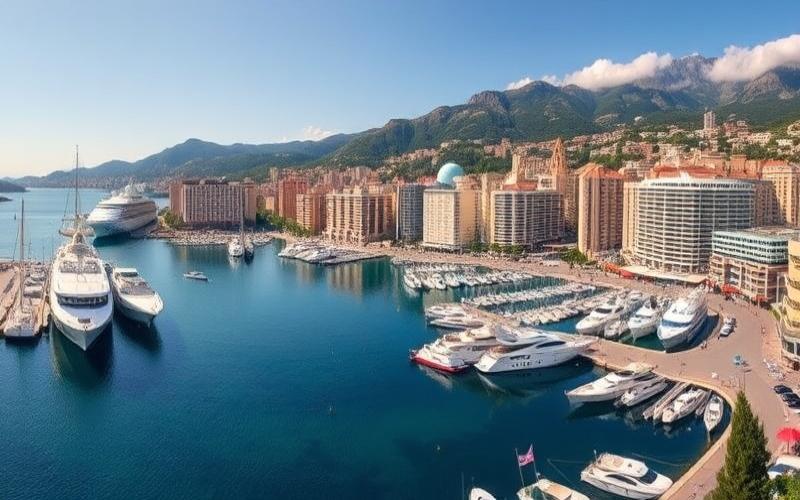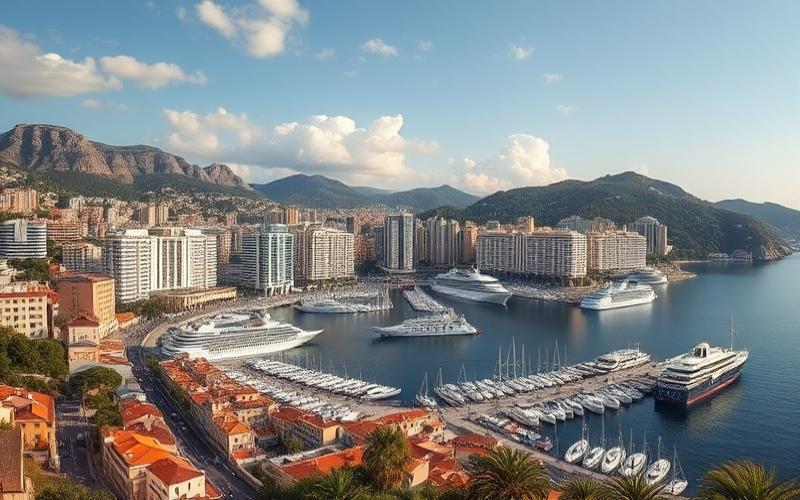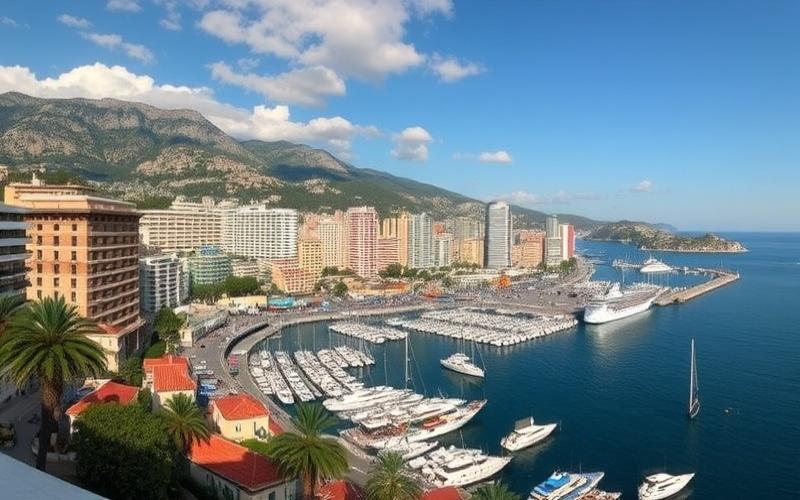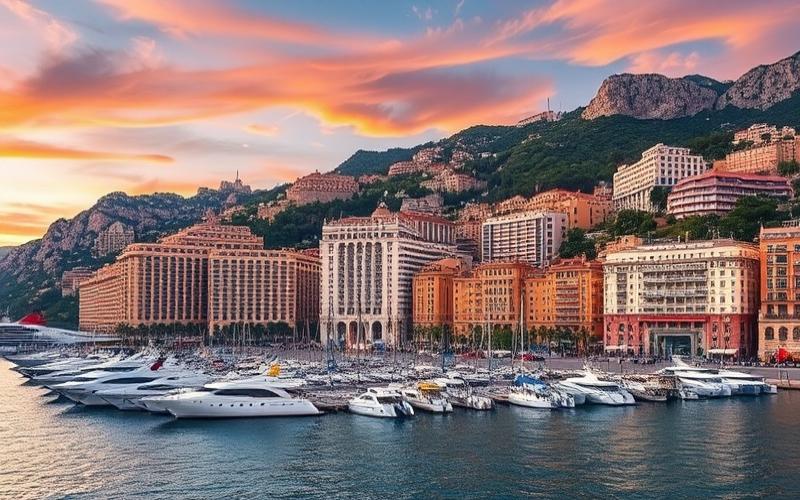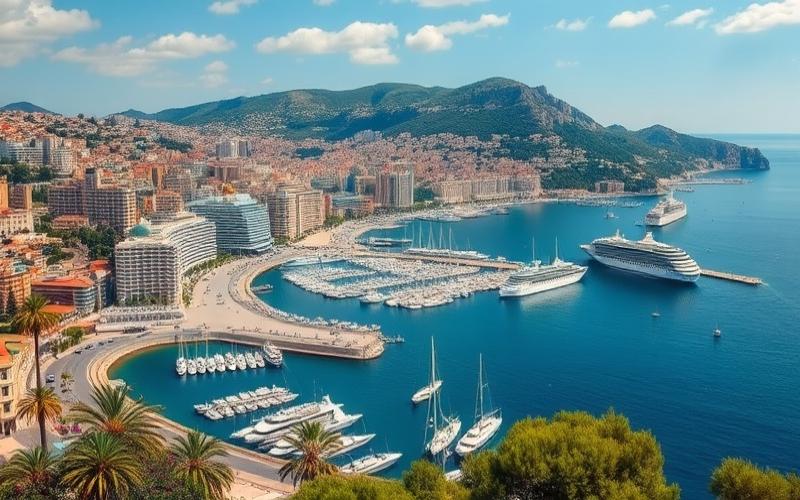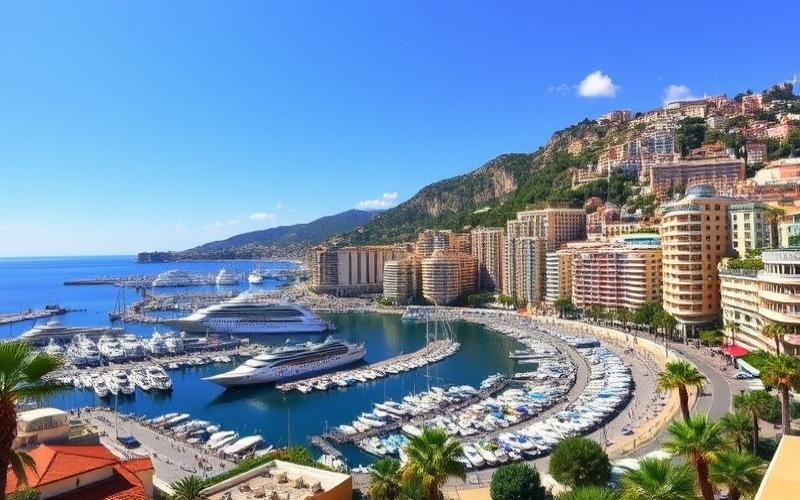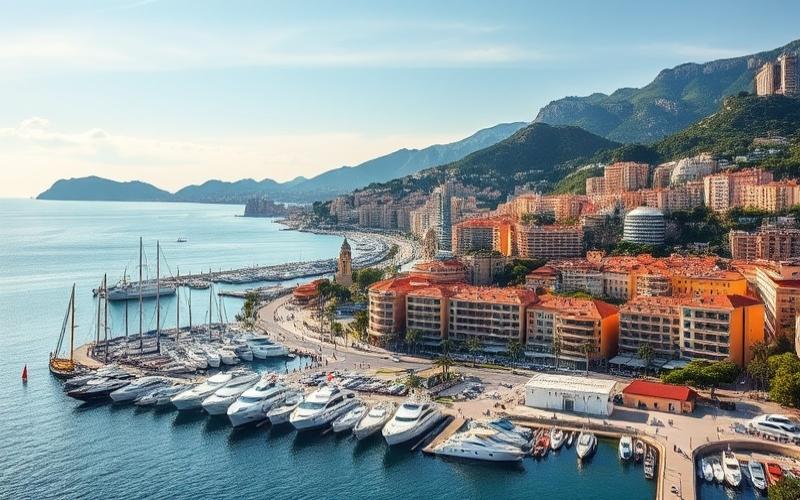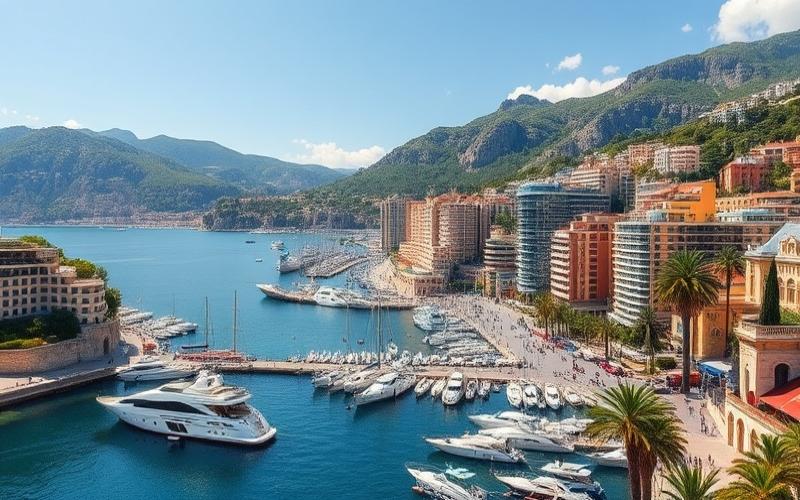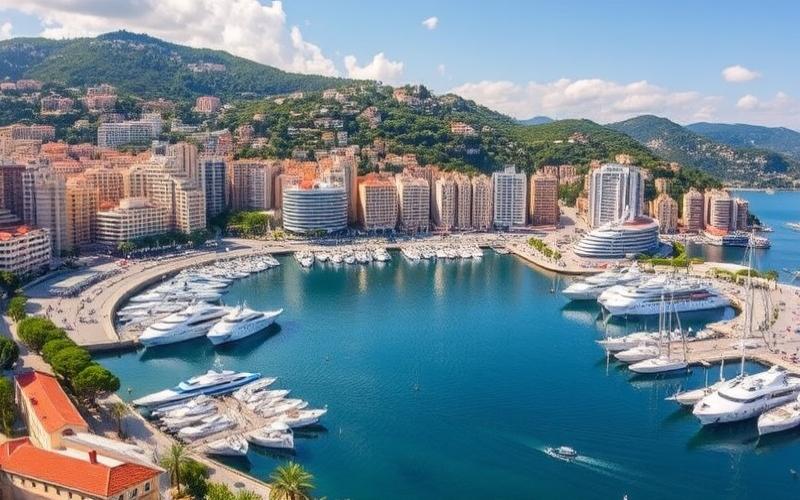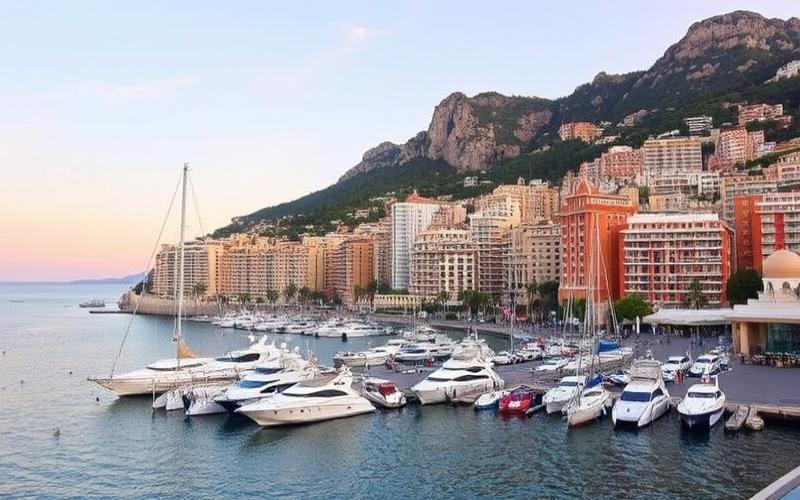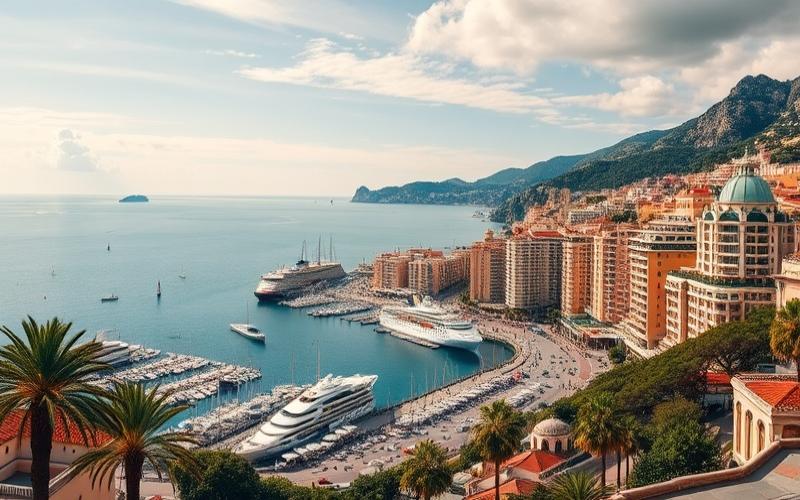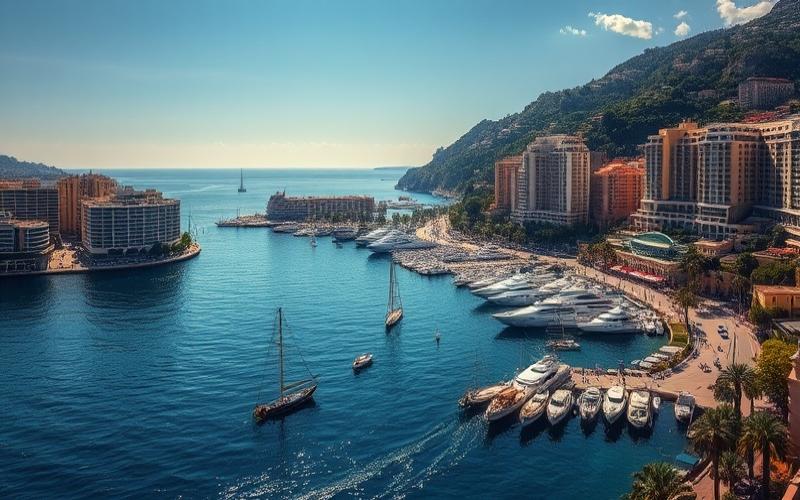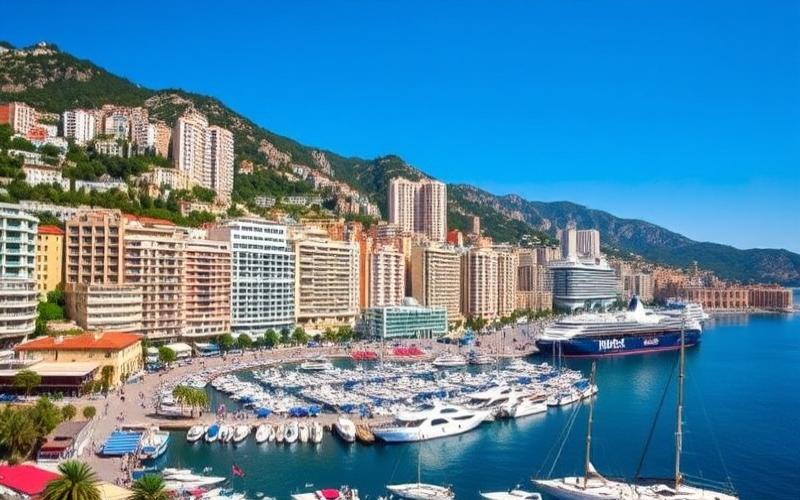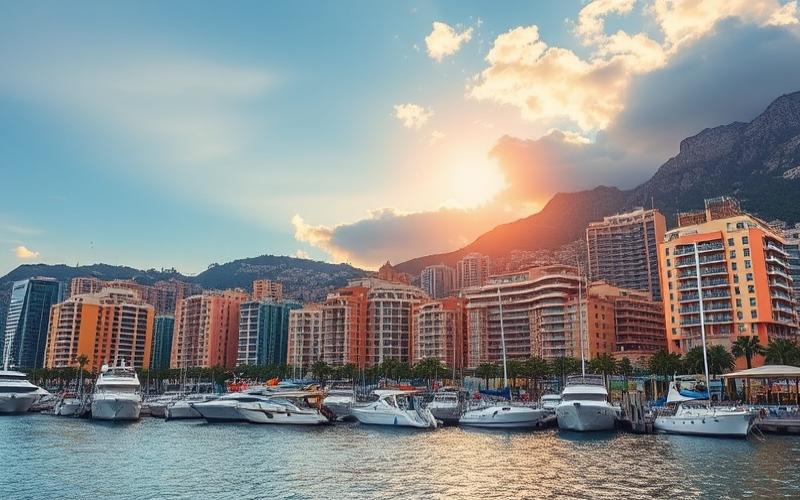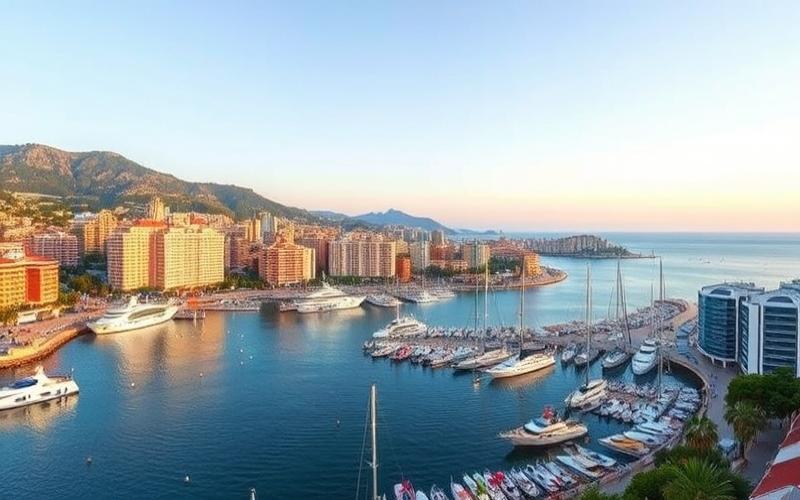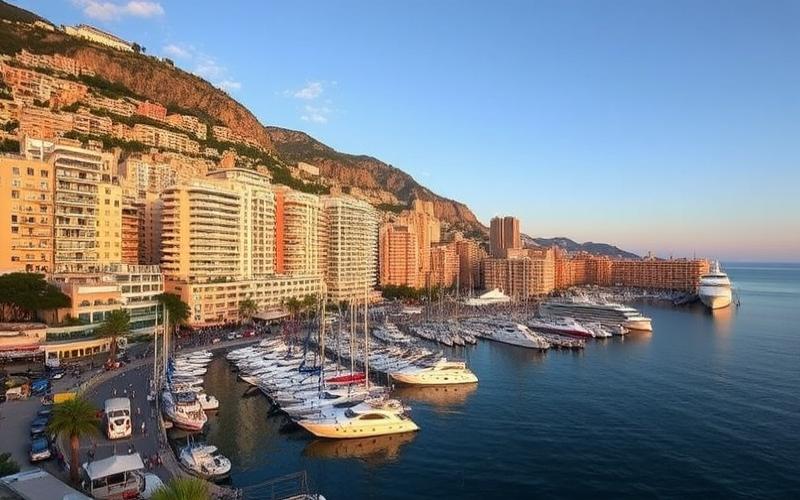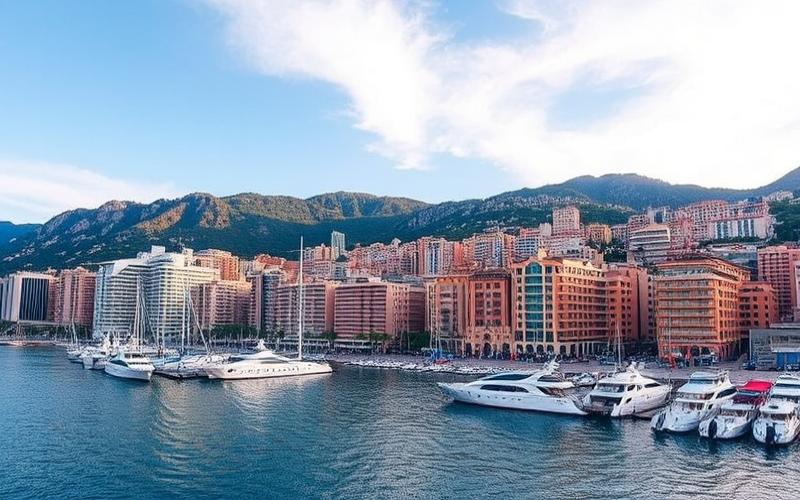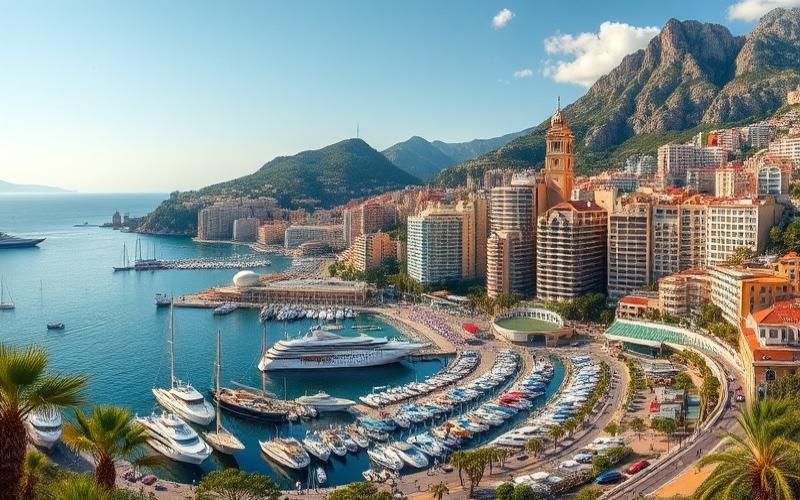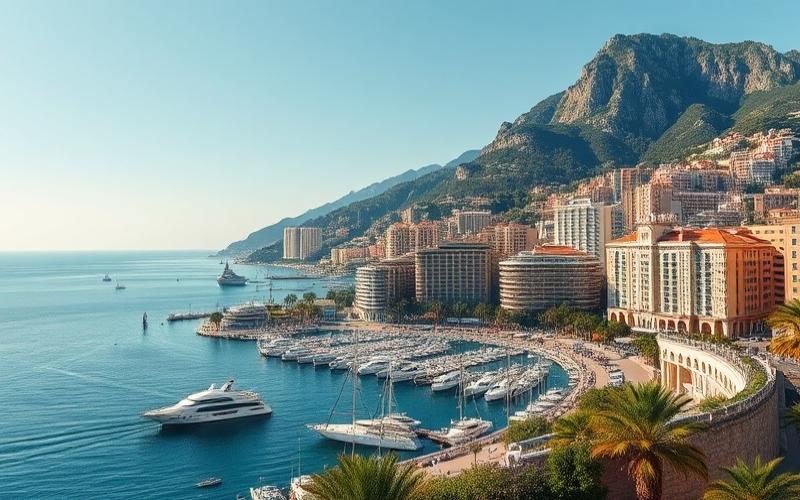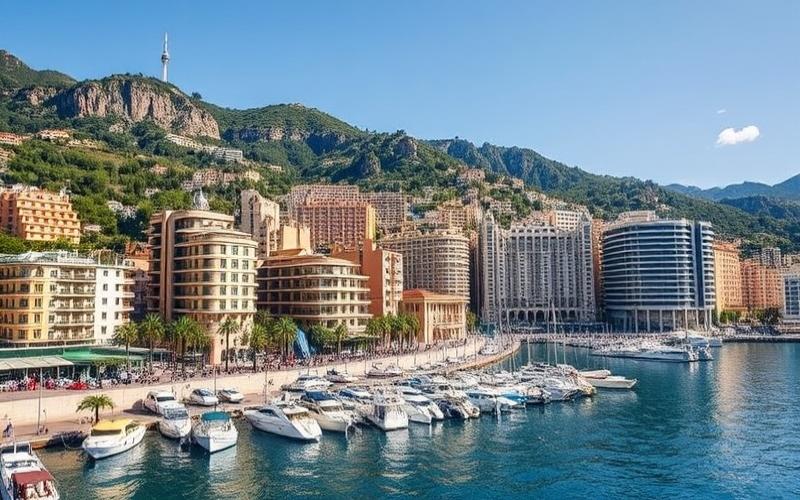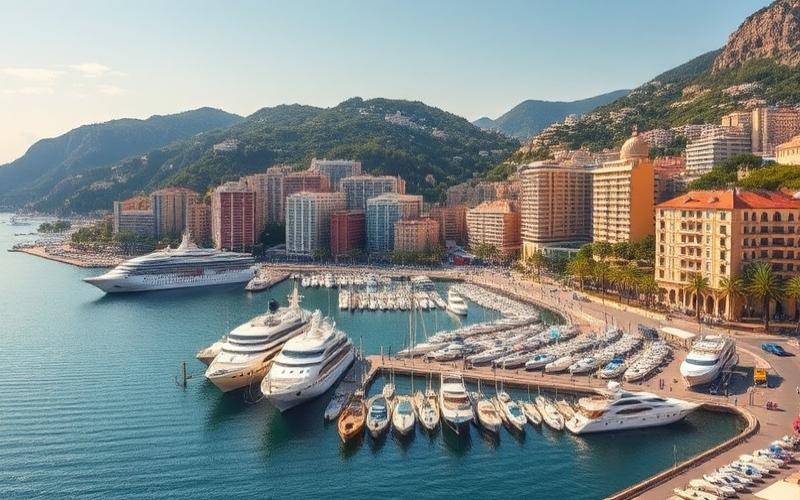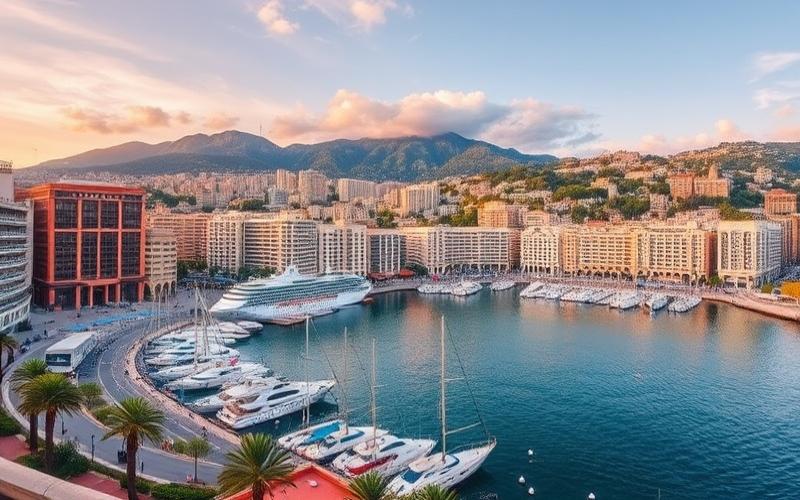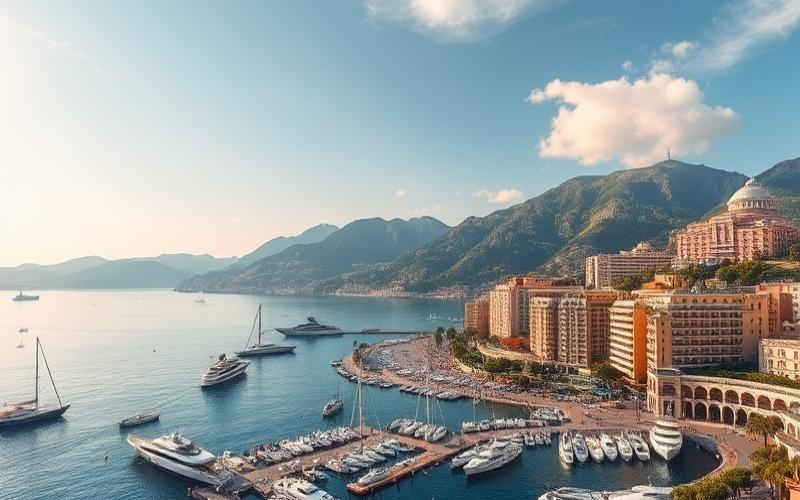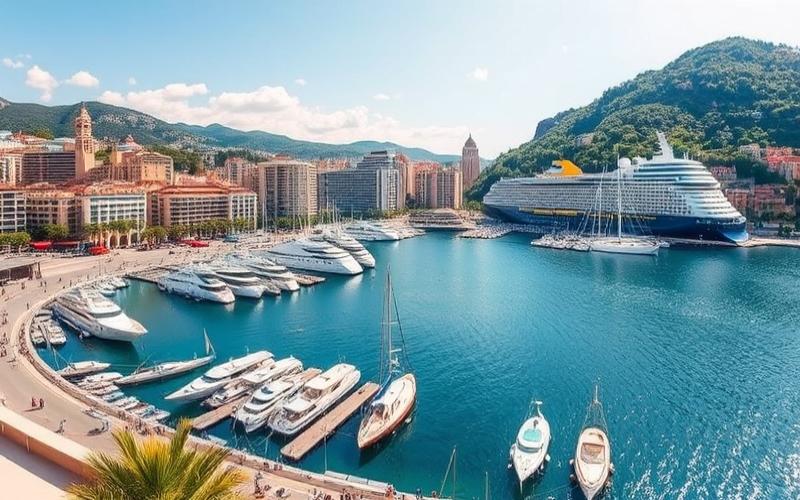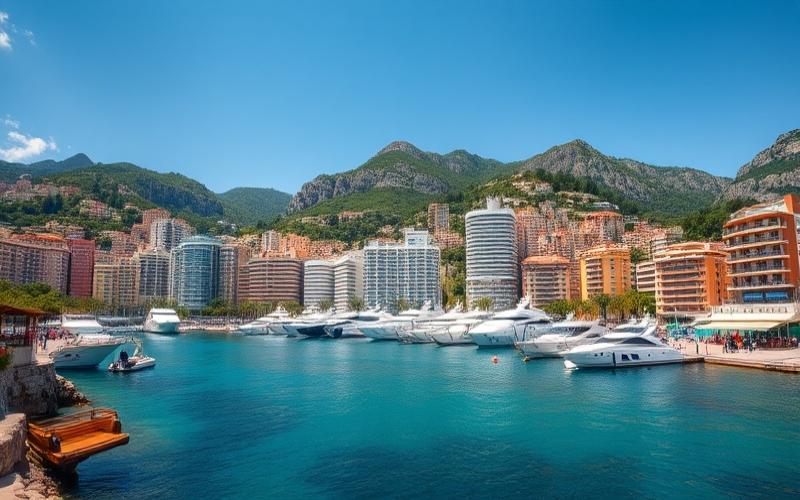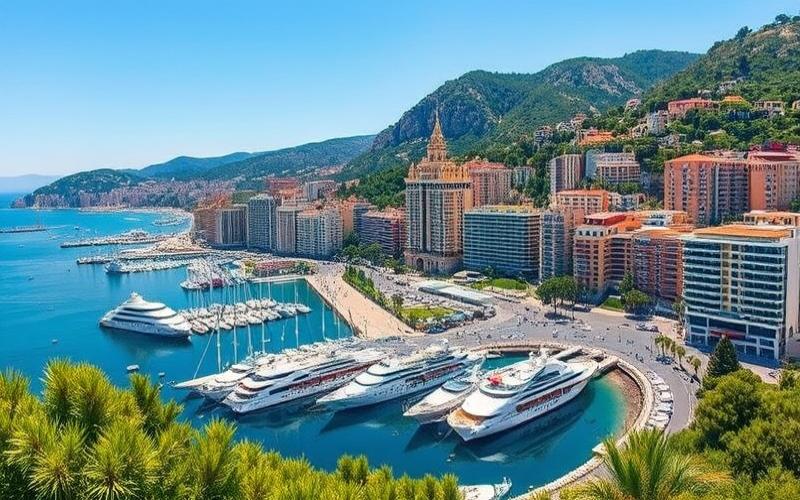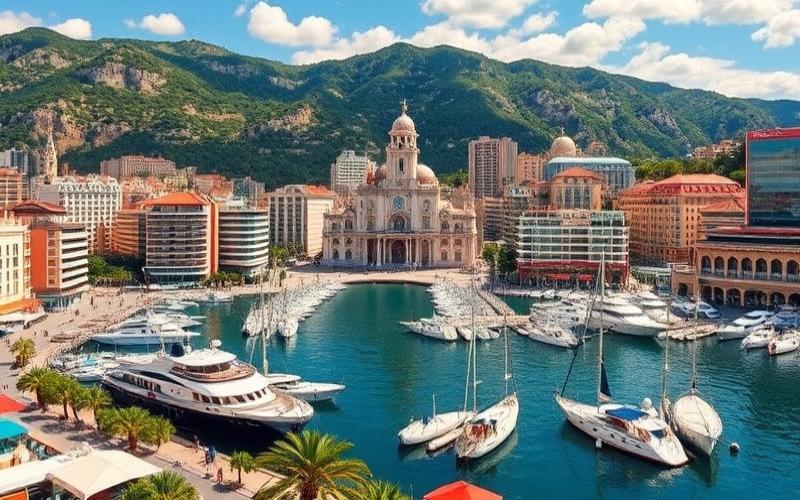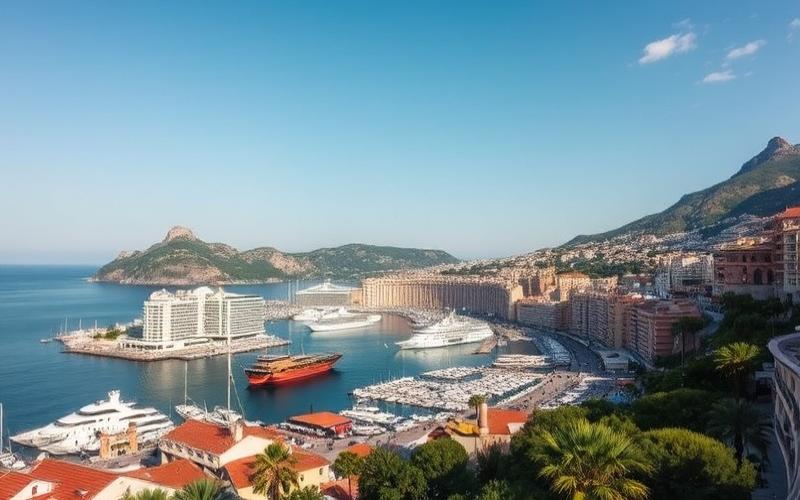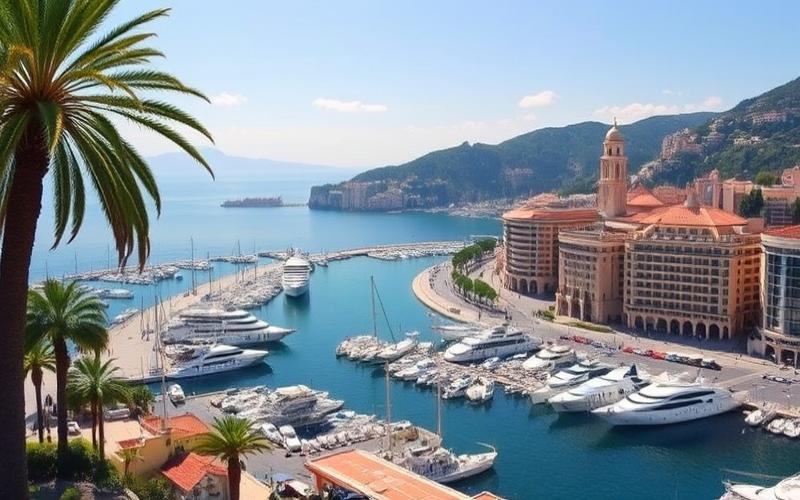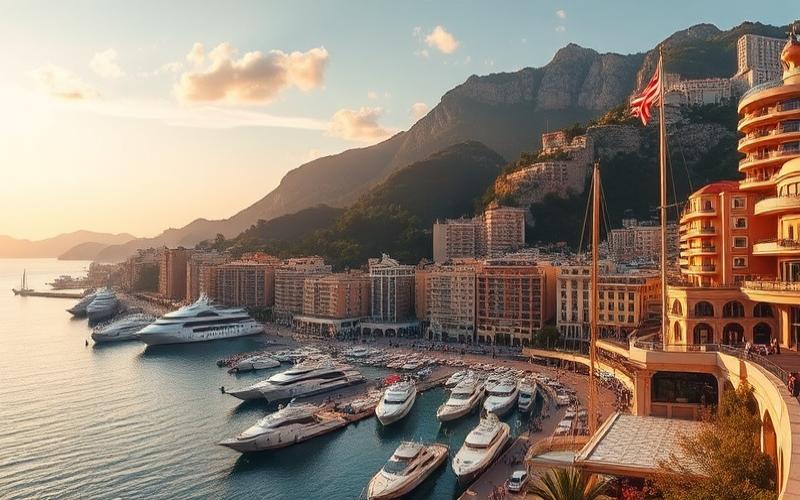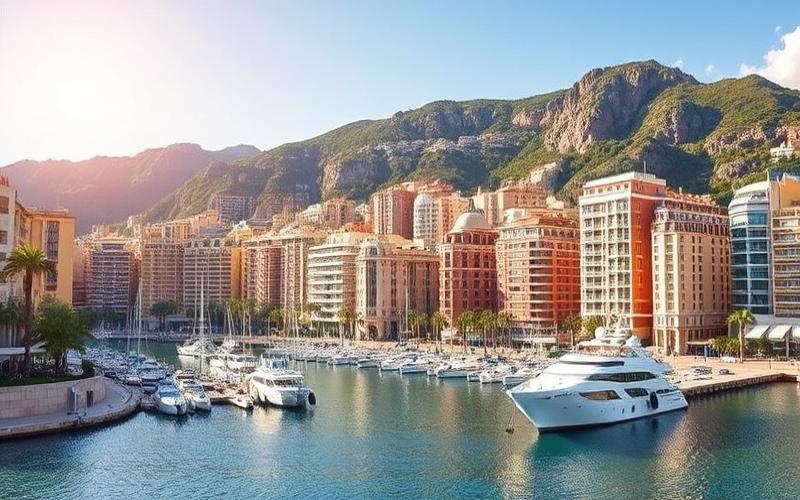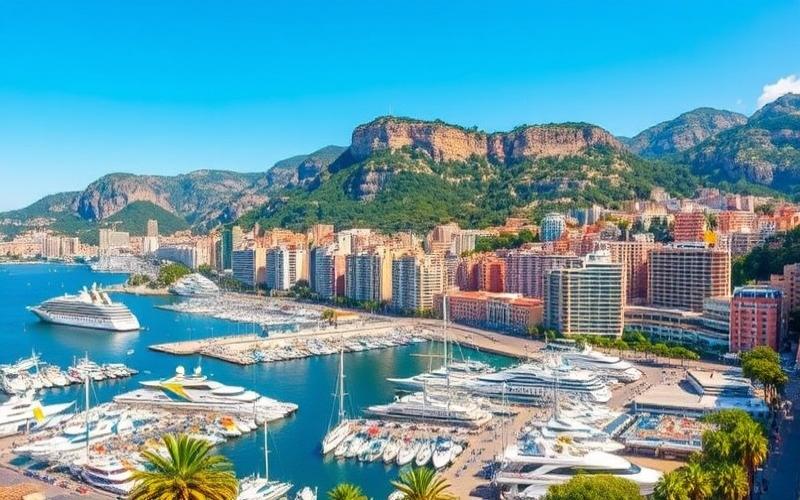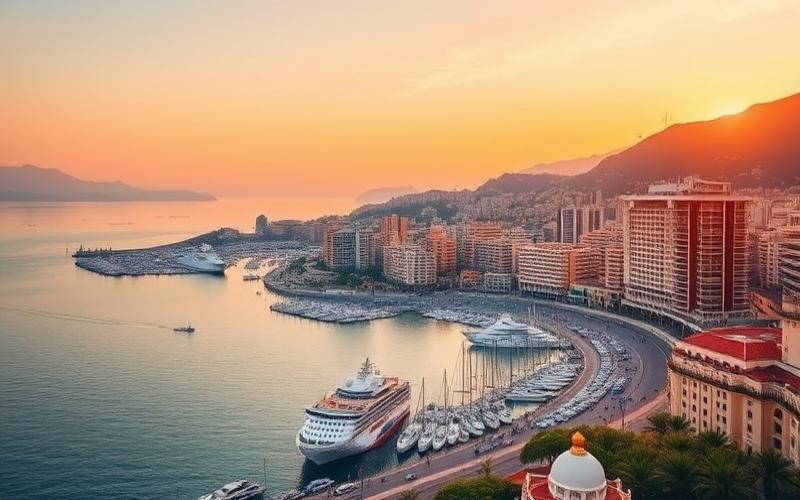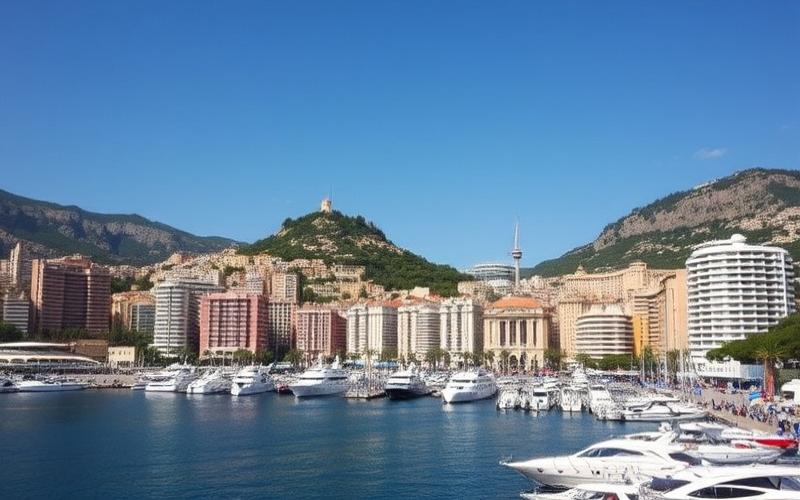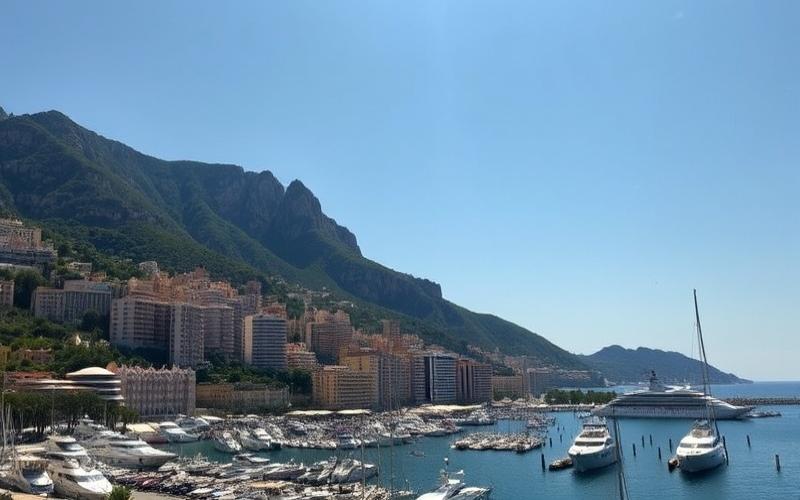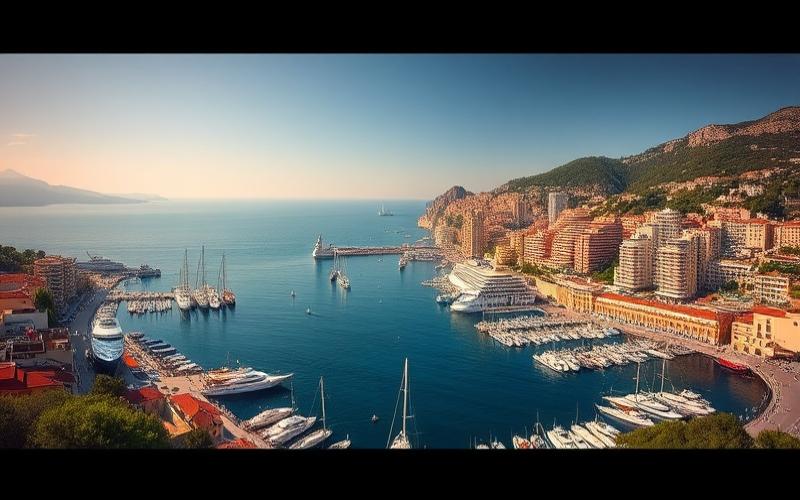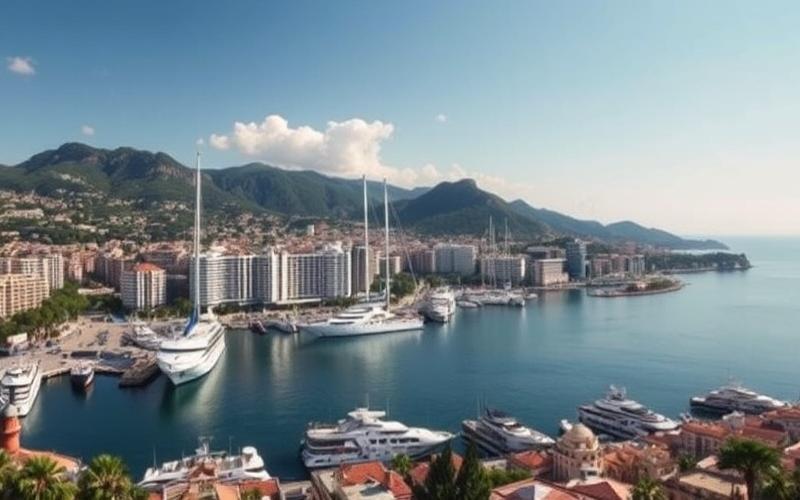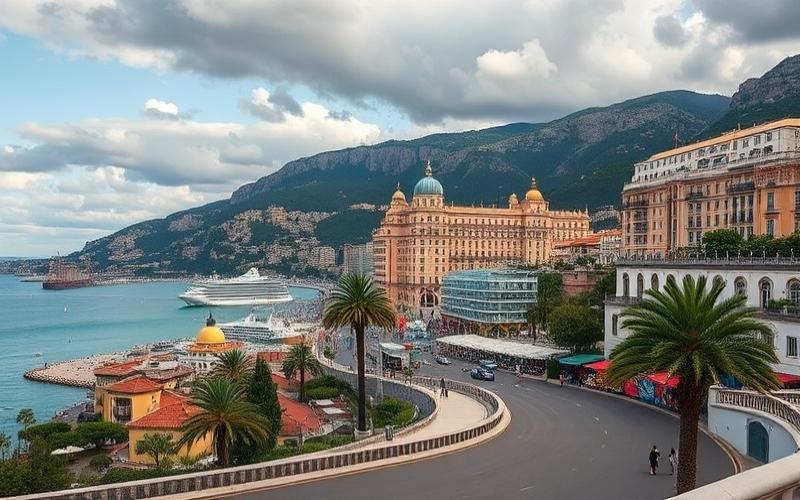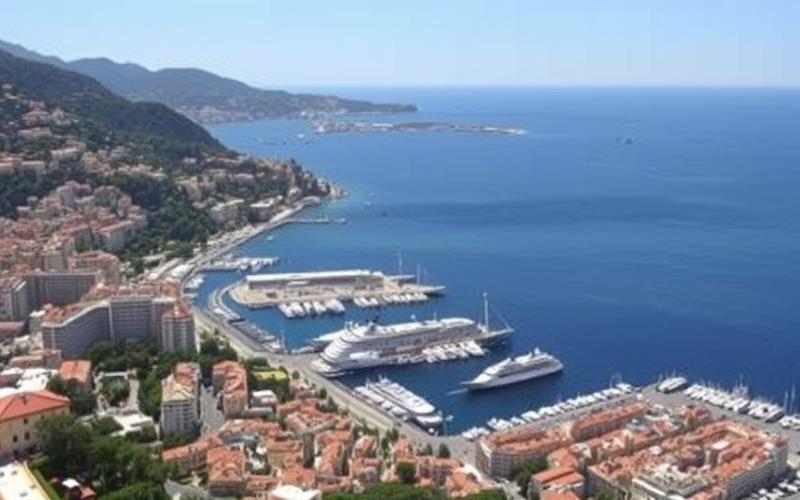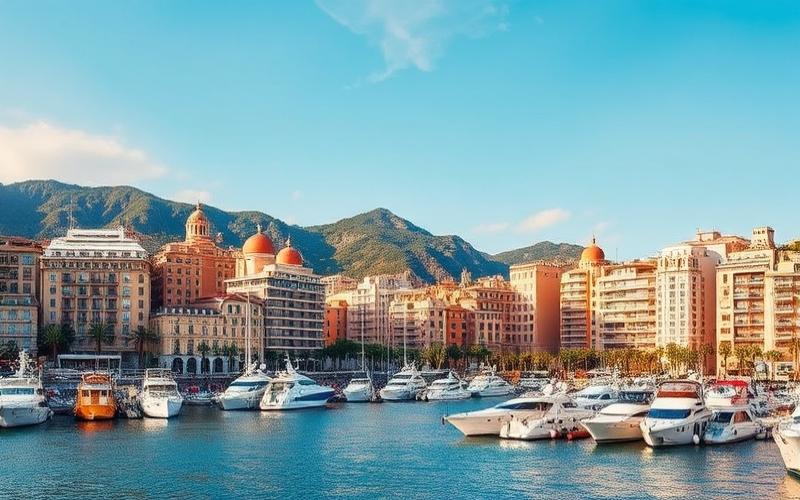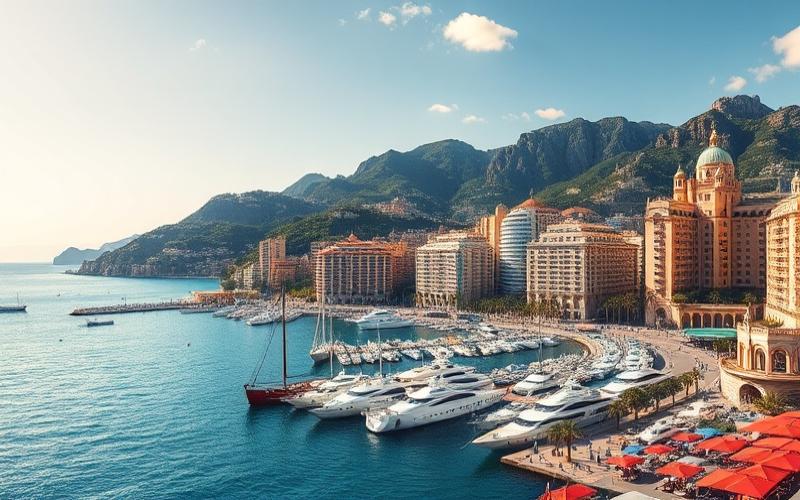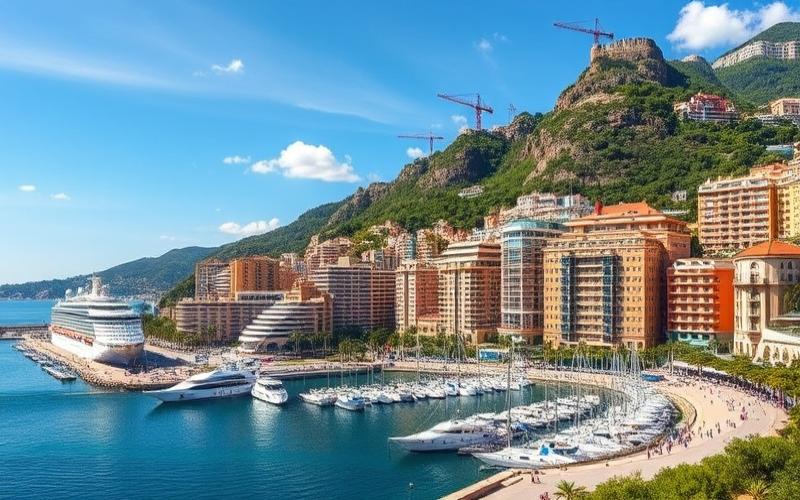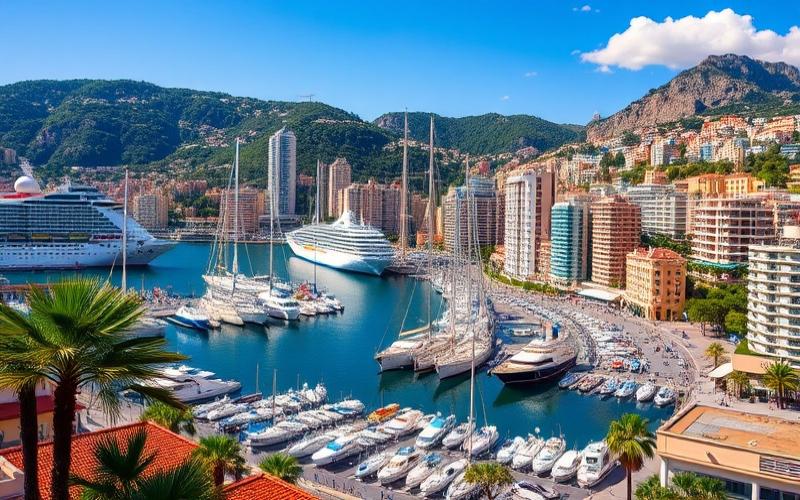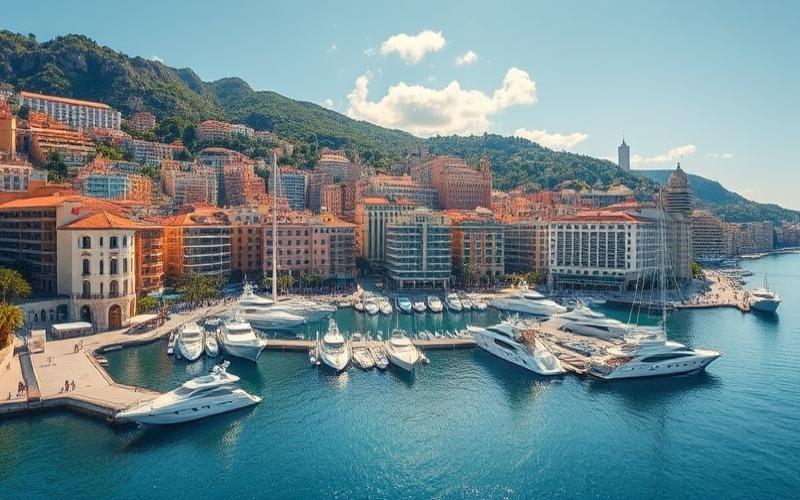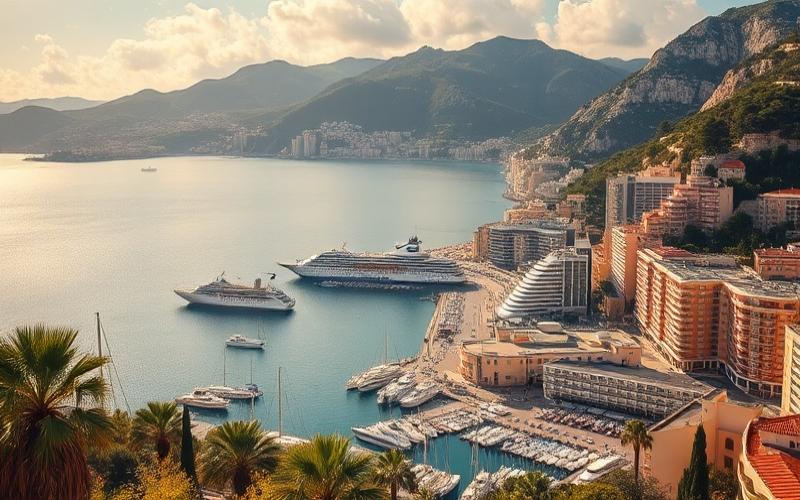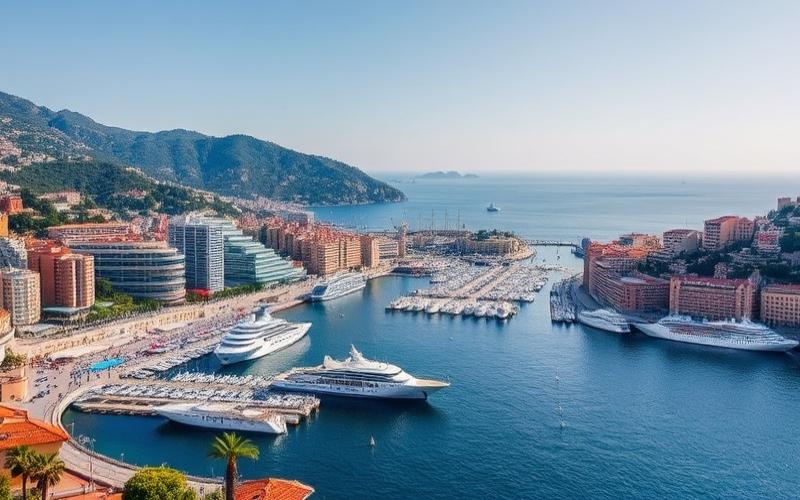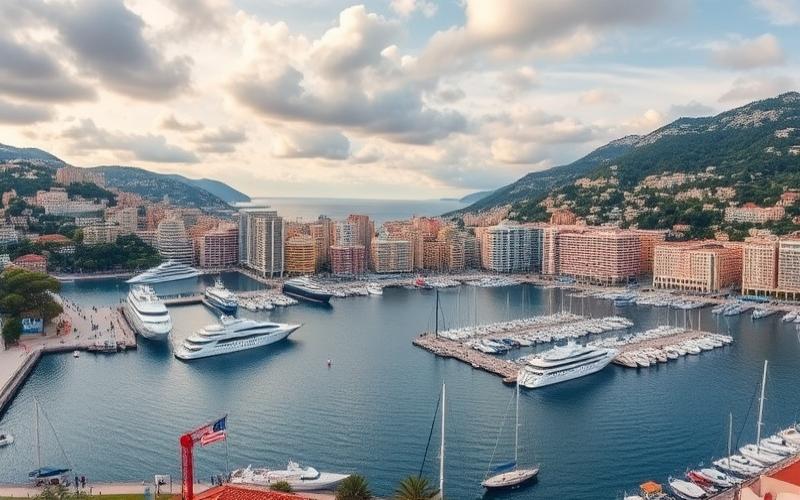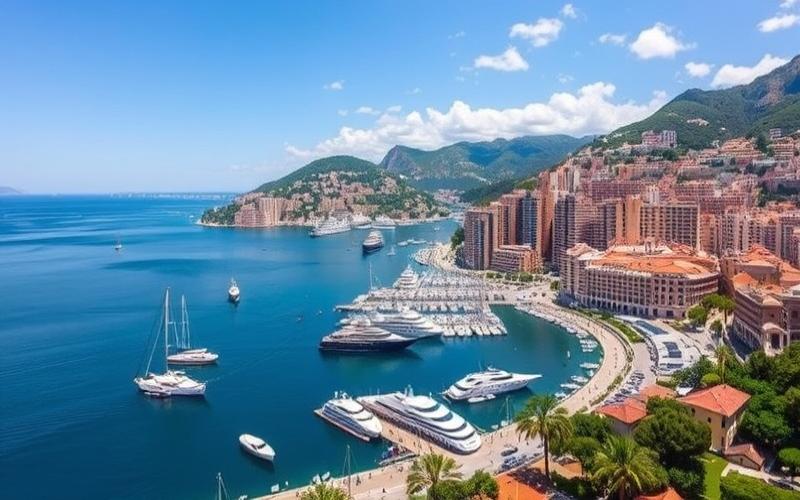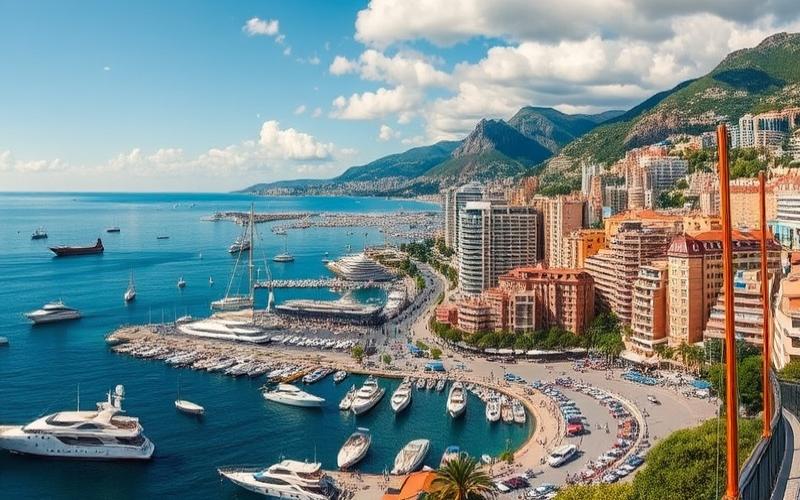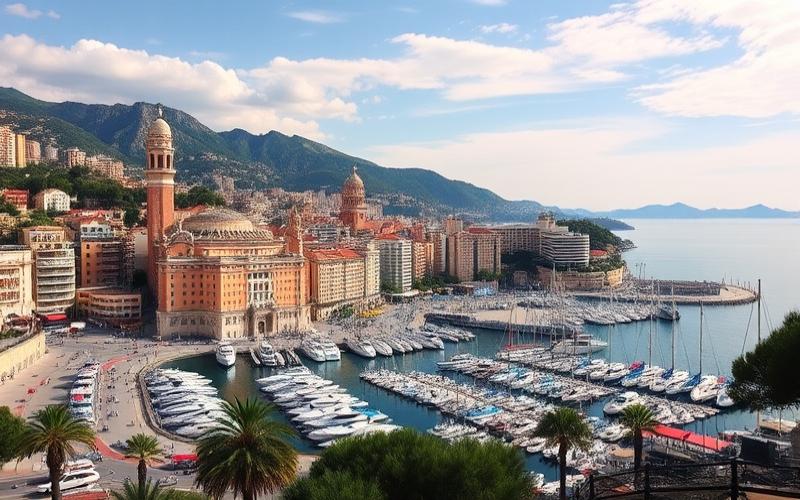
 Published on and written by Cyril Jarnias
Published on and written by Cyril Jarnias
The Crucial Role of Notaries in Monaco
In the complex context of Monaco’s real estate market, understanding the crucial role played by notaries and the associated fees during property transactions proves essential. As sworn professionals, notaries act as guarantors of transparency and authenticity in concluded agreements, while overseeing the legality of various operations.
Good to Know:
If you’re considering acquiring property in this prestigious micro-state, a good guide on notary fees and local specifics can save you from unpleasant financial surprises.
Demystifying Monegasque Notary Fees
This comprehensive guide aims to demystify the process by detailing not only the applicable rates but also explaining the key steps of each transaction, allowing you to navigate the unique world of Monegasque notarial practice with ease.
Understanding the Notary’s Role in Monaco Property Purchases
The notary in Monaco holds an essential and central function in the property purchase process. They act as a public officer, guaranteeing the legality, authenticity, and legal security of transactions.
Here are the key steps where the notary intervenes during a property transaction in Monaco:
- Preliminary verification: checking the identities of parties, property titles, previous ownership history, and verifying there are no mortgages or other encumbrances on the property.
- Document drafting: preparing preliminary contracts (promise or compromise) then drafting the authentic deed that formalizes the sale.
- Deposit collection: receiving the payment of a deposit (often 10%) upon offer acceptance or during the compromise.
- Final appointment organization: summoning parties for signature before the notary; payment of balance, notary fees, and possible commissions.
- Post-formalities: registration and official publication to ensure enforceability against third parties.
The table below summarizes the main functions performed by the Monegasque notary:
| Step | Notary’s Specific Role |
|---|---|
| Preliminary verification | Identity, titles, absence of mortgage |
| Drafting | Preliminary contract & authentic deed |
| Financial security | Receipt/deposit/balance |
| Final signature | Mandatory presence & legalization |
| Registration | Official publication & conservation |
The notary’s legal obligations include:
- Authentication and long-term conservation of deeds,
- Strict compliance with Monegasque laws,
- Impartial protection for both buyer and seller,
- Proper execution of all necessary administrative formalities.
The Monegasque specificity particularly lies in:
“The requirement that every property transaction be conducted before a licensed local notary.”
This guarantees maximum legal security through rigorous control on each file handled according to very precise local standards.
In addition to their fundamental legal missions, the notary also plays an advisory role, particularly concerning:
- Tax aspects related to the transaction,
- Precise and transparent calculation of ancillary fees (so-called “notary fees” acquisition costs, various taxes…),
thus allowing stakeholders perfect budget anticipation.
Notarial intervention therefore ensures not only regulatory compliance, but also offers optimal peace of mind thanks to their deep local expertise.
Good to Know:
The notary plays a central and indispensable role in property purchases in Monaco, primarily intervening to ensure the legal security of the transaction. They begin by verifying the legitimacy of property titles before drafting the authentic sale deeds, essential documents guaranteeing their legal validity. Unlike other countries, in Monaco, the notary has the legal obligation to ensure all steps comply with Monegasque legislation, a specific legal context that places great importance on protecting involved parties. They also advise on managing purchase fees, an aspect sometimes overlooked but crucial to avoid unpleasant financial surprises. For example, while there are many notaries in France, in Monaco they are limited, requiring close cooperation with them from the beginning of the process.
Notary Fees in Monaco: What You Need to Know
Notary fees in Monaco are strictly regulated and present notable differences with other jurisdictions, particularly France. Their structure, applied rates, and associated practices are designed to guarantee transaction transparency, protect parties, and ensure legal security.
| Acquisition Type | Total Fees (%) | Notary Fees (%) | Registration Duties (%) |
| New property or VEFA (individual/Monegasque SCI) | 2.5 | 1.5 | 1 |
| Existing property (individual/Monegasque SCI) | 6 to 6.25 | 1.5 | 4.5 to 4.75 |
| Acquisition via foreign company | 9 | 1.5 | 7.5 |
| Acquisition via foreign company without representative | Up to 11.5 | 1.5 | Up to 10 |
| Transfer of Monegasque SCI shares | Approx. 4.75 + transfer fees |
- In Monaco, notary emoluments for a standard property transaction generally represent 1.5% of the purchase price, to which registration duties are added, varying according to property type and buyer’s legal identity.
- Compared to France where total fees often reach 7-8% for existing properties (including a variable portion for the notary), Monaco shows sometimes lower tax burden for new properties but higher for certain acquisitions by foreign companies.
For family acts (marriage contracts, donations) or testamentary matters:
- Family acts also require notarial involvement: cost depends on the type of act but remains proportionally lower than pure property transactions.
- Drafting or modifying a will is strongly advised before a local notary to ensure compliance with Monegasque inheritance law.
- For any inheritance involving property located in Monegasque territory or foreign residents with legal domicile in the Principality: it’s imperative these acts be performed according to specific local legislation.
Specific Laws & Regulations
Monaco applies its own rules, different from the French system:
- The inheritance system mainly relies on the Monegasque Civil Code.
- Corporate laws impose specific obligations during acquisition by offshore or foreign entities: potential need for a licensed representative declared to local authorities.
- There is no annual property tax nor capital gains tax on private property in the Principality.
Useful Tips for Foreign Residents/Investors
Essential points:
- Systematically verify that a property purchase respects all local formalities; engaging a professional familiar with the local market is highly recommended.
- Notarial intervention guarantees not only regulatory compliance but also international validity if the buyer doesn’t already have their main residence in the Principality – beware of cross-border rules that can impact inheritance/tax rights!
Notary Selection Process
Common practices:
- In Monaco each party can freely choose their own notary; there’s no common obligation as in France where typically only the buyer’s chosen notary intervenes.
- Schedule an appointment beforehand so the professional can perform all necessary verifications
- Ensure they master not only local law but also your international constraints
- Systematically request detailed quotes and precise explanations before any commitment
The notary’s central role thus consists of:
- Verifying parties’ identity/legal capacity,
- Guaranteeing absence of mortgage/debt,
- Drafting all necessary legal acts,
- Securing fund conservation/transfer until perfect transaction completion,
- Transmitting official documents to competent administrations,
The personalized advice provided by an experienced notarial office protects your patrimonial interests as much as it ensures your peace of mind during administrative procedures
Good to Know:
In Monaco, notary fees for property transactions generally amount to about 6%, which is often lower than in France. Unlike other countries, these fees include taxes, registration duties, and the notary’s remuneration. For family and testamentary acts, costs vary according to complexity but remain controlled to ensure transparency. Monegasque laws impose strict regulations, particularly for foreign investors wishing to acquire property, often requiring prior consultation with a notary. It’s essential to select an experienced and recognized notary, as they play a crucial role in transaction security and legality. For residents and international investors, a clear understanding of local legal differences, compared to neighboring countries, facilitates adaptation to the specific requirements of the Monegasque market.
Identifying Hidden Costs in Monaco Property Transactions
Property transactions in Monaco come with hidden costs that can surprise even experienced buyers. These fees, often overlooked during initial planning, directly impact the overall budget and can lead to significant overruns.
Main Hidden Costs Encountered:
- File and administration fees
Some banking institutions or agencies charge fees for file opening and processing. They vary according to the chosen intermediary but can represent several thousand euros for high-end transactions.
- Real estate agency fees
- For purchase: generally 3% of acquisition price, plus VAT (20% on these fees).
- For rental: up to 10% of annual rent, plus VAT.
- Attorney fees
Hiring a specialized attorney is strongly advised to perform due diligence to verify no debts or mortgages are attached to the property. Fees depend on case complexity and are rarely included in initial quotes.
- Notary fees
Essential for any Monegasque transaction, they represent approximately 1-2% of total amount. Their calculation however depends on local legal specifics.
- Local taxes
| Type | Amount/Applied Rate |
|---|---|
| VAT on new properties | Approx. 20% |
| Transfer duties | Generally 4.5% |
| Property tax | No annual property tax |
Concrete example: For a property acquired in Monaco for five million euros:
- Buyer agency fees (3%) = €150,000 + VAT
- Transfer duties (4.5%) = €225,000
- Notary/attorney fees = ~€50,000 combined
The total represents nearly €425,000 additional, excluding other potential administrative fees.
“It frequently happens that clients underestimate certain ancillary costs like thorough legal verification or fees for mandatory technical certificates,” indicates Élodie R., licensed real estate agent in the Principality. She adds: “The Monegasque market being very specific, every expense must be anticipated from the beginning.”
According to Maître J.-P., notary in Monaco: “Some files require additional expertise – for example in case of complex property history – which can quickly inflate the final bill.”
Practical Tips to Anticipate and Control These Expenses:
- Systematically request detailed quotes from involved professionals.
- Plan an additional margin in overall budget (approx. +7-10%).
- Get precise information on differences between new properties/under VAT regime and existing properties subject to standard duties.
- Entrust procedures to locally recognized experts to avoid any administrative or tax surprises.
⎡ Hidden costs are real and must be considered from the beginning of property projects in Monaco; anticipating them allows not only better budget management but also a serene purchasing experience ⎦
Good to Know:
In a property transaction in Monaco, several hidden costs can surprise buyers, considerably increasing the overall budget. Among these, file fees, often unknown, can amount to several thousand euros, particularly for luxury properties, according to a local real estate agent. Local taxes, although varying, can be another significant expense item, notably VAT if the property is new. Expertise or appraisal fees, frequently used to ensure fair property value, constitute another non-negligible cost, often around €1,000 to €2,000. Other administrative expenses, such as notary fees for transaction registration, can also impact the budget. A Monegasque notary emphasizes the importance of preparing a detailed budget including these fees to avoid unpleasant surprises. To manage these costs effectively, it’s advised to request a complete and detailed quote from the notary and consult real estate experts to anticipate all potential unforeseen expenses.
Demystifying the Legal Property Acquisition Process in Monaco
Key Steps of the Legal Property Acquisition Process in Monaco:
- Written purchase offer: Buyer makes a formal offer, which must be accepted by seller. This step legally binds both parties once offer is signed.
- Signing sales compromise (preliminary contract): This document, often signed before notary, details all essential conditions (price, deadlines, financing…). It may include suspensive clauses such as loan approval or specific work completion. In some cases, signing this compromise isn’t mandatory and parties can proceed directly to authentic deed.
- Initial deposit: A down payment is made during compromise or just before final deed signing.
- Verification and due diligence by notary:
- Land Registry search to confirm ownership and verify no mortgages or urban planning restrictions affect property.
- Verification of parties’ identities and complete collection of necessary documents.
- Management of potential government preemption right (deadline up to one month).
- Signing authentic deed before notary: Legal transfer then officially occurs.
| Notary’s Role | Specificities |
|---|---|
| Controls each legal step | Only three notaries in Monaco |
| Guarantees transfer legality | Official appointment by royal decree |
| Performs Land Registry checks | Represents State in each transaction |
| Verifies identity/solvency of parties | Mandatory presence during key signatures |
The Monegasque property market presents several particularities:
- Extreme rarity of available properties and strict regulation aimed at preserving architectural quality and integrity
- Recurrent preemption right for certain properties
- Restrictions on certain resales according to building type
Comparison with Other Jurisdictions
| Aspect | Monaco | France / Other European Countries |
|---|---|---|
| Number/choice of notaries | Very limited (3) | Much broader |
| Procedure | Strong centralization on local notariat; enhanced state control | More flexible; possible recourse to different offices |
| State preemption right | Frequent | Rare outside protected zones |
Associated Fees
Typical list:
- Notary fees: approx. 6% of purchase price
- Buyer agency fees: approx. 3% + VAT
- Seller agency fees: approx. 5% + VAT
No annual property tax nor capital gains tax for resident individuals.
Standard Timeframes
Finalization generally takes between two weeks (for purchase without preemption right) up to one month, if this right must be cleared.
Important Legal Particularities
The systematic presence of the same small number of notaries guarantees maximum legal security. The process remains highly regulated to avoid any subsequent dispute. The due diligence conducted by the notary aims to protect both buyer and seller against any hidden defects or administrative/fiscal irregularities.
Full payment always occurs at the notary’s office when all verifications are completed – they also proceed with official registrations with local cadastral authorities.
The personalized support ensured throughout the journey allows both foreign and local buyers a secure experience despite the inherent complexity of the Monegasque market.
Good to Know:
In Monaco, property acquisition often begins with signing a sales compromise, which legally binds buyer and seller under certain suspensive conditions. The notary plays a central role by ensuring legal compliance of documents, thus providing dual protection for parties and guaranteeing sale registration. Unlike other locations, Monaco doesn’t levy capital gains tax for residents, although notary fees, generally around 6%, are borne by the buyer. Timeframes for finalizing a purchase vary between one and six months, depending on necessary verifications. Due diligence performed by the notary proves essential, incorporating verification of potential state preemption right. Specificities of the Monegasque market, like land scarcity and strong international demand, can significantly influence prices, making each transaction unique.
Disclaimer: The information provided on this website is for informational purposes only and does not constitute financial, legal, or professional advice. We encourage you to consult qualified experts before making any investment, real estate, or expatriation decisions. Although we strive to maintain up-to-date and accurate information, we do not guarantee the completeness, accuracy, or timeliness of the proposed content. As investment and expatriation involve risks, we disclaim any liability for potential losses or damages arising from the use of this site. Your use of this site confirms your acceptance of these terms and your understanding of the associated risks.

